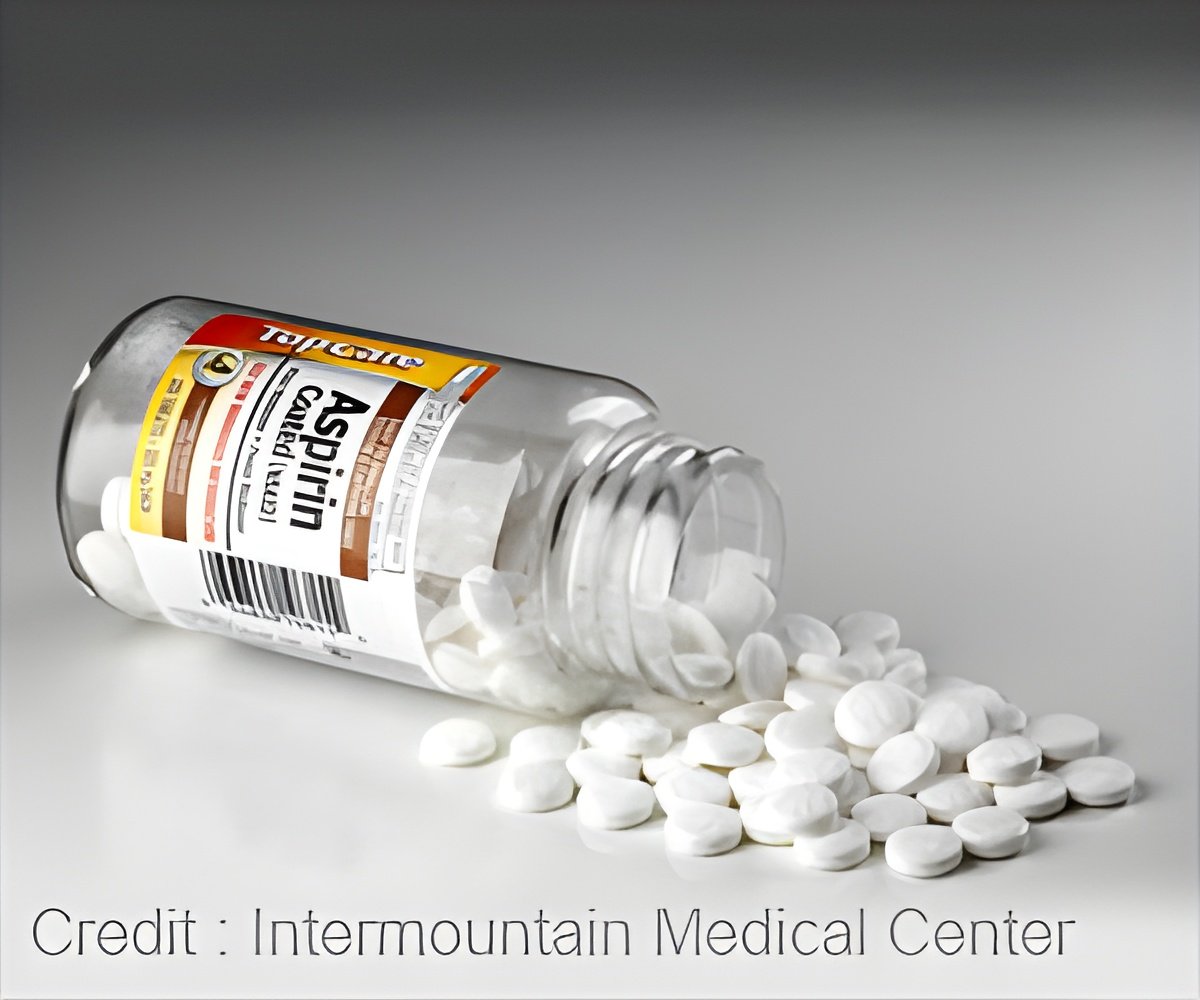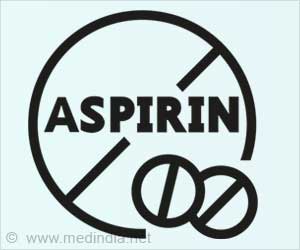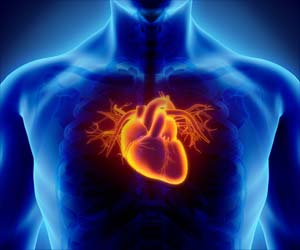The US Preventive Services Task Force (USPSTF) recommends against initiating low-dose aspirin use for the primary prevention of heart disease in adults 60 years or older.

‘The decision to initiate low-dose aspirin use for the primary prevention of heart disease in adults aged 40 to 59 years who have a 10% or greater 10-year CVD risk should depend on the individual.’





Advertisement
Importance
Heart disease and stroke are the leading cause of mortality in the US, accounting for more than 1 in 4 deaths. Each year, an estimated 605 000 people in the US have a first heart attack and an estimated 610 000 experience a first stroke.
Advertisement
Magnitude of Net Benefit
The US Preventive Services Task Force (USPSTF) concludes with moderate certainty that aspirin use for the primary prevention of CVD events in adults aged 40 to 59 years who have a 10% or greater 10-year CVD risk has a small net benefit.
The USPSTF concludes with moderate certainty that initiating aspirin use for the primary prevention of CVD events in adults 60 years or older has no net benefit.
Advertisement
Practice Considerations
Patient Population Under Consideration
- This recommendation applies to adults 40 years or older without signs or symptoms of heart attack or stroke and who are not at increased risk for bleeding (eg, no history of gastrointestinal ulcers, recent bleeding, other medical conditions, or use of medications that increase bleeding risk).Assessment of Risk
- Older age is one of the strongest risk factors for heart disease. Men have a higher overall heart disease burden, although women experience higher mortality. The burden also differs by race and ethnicity.Other risk factors include diabetes, a history of gastrointestinal issues (such as a peptic ulcer), liver disease, smoking, and elevated blood pressure. Certain medications, including nonsteroidal anti-inflammatory drugs, steroids, and anticoagulants, increase the risk of bleeding. These risk factors should be considered in the overall decision about whether to start or continue aspirin therapy.
Treatment or Intervention
- The benefits of aspirin for heart disease prevention appear similar for all doses that have been studied in prevention trials.Implementation
- Because CVD risk estimation is imprecise and imperfect at the individual level, the USPSTF suggests using these risk estimates as a starting point to discuss with patients for daily aspirin use.In addition to age and estimated level of heart disease risk, decisions about initiating aspirin use should be based on shared decision-making between clinicians and patients about the potential benefits and harms.
Update of Previous Recommendation
For the current recommendation, the USPSTF has changed the age ranges and grades of its recommendation on aspirin use.
The USPSTF recommends that the decision to initiate low-dose aspirin use for the primary prevention of CVD in adults aged 40 to 59 years who have a 10% or greater 10-year CVD risk should be an individual one and recommends against initiating low-dose aspirin use for the primary prevention of CVD in adults 60 years or older.
Based on new trial evidence, updated analyses of the evidence from primary CVD prevention populations, and longer-term follow-up data from the Women’s Health Study (WHS) they concluded that the evidence is inadequate that low-dose aspirin use reduces heart disease incidence or mortality.
Research Needs and Gaps
More research is needed to improve the accuracy of CVD risk prediction in all racial and ethnic and socioeconomic groups. They also need to evaluate the gastrointestinal bleeding risk associated with aspirin use in populations representative of heart disease prevention.
Source-Medindia















